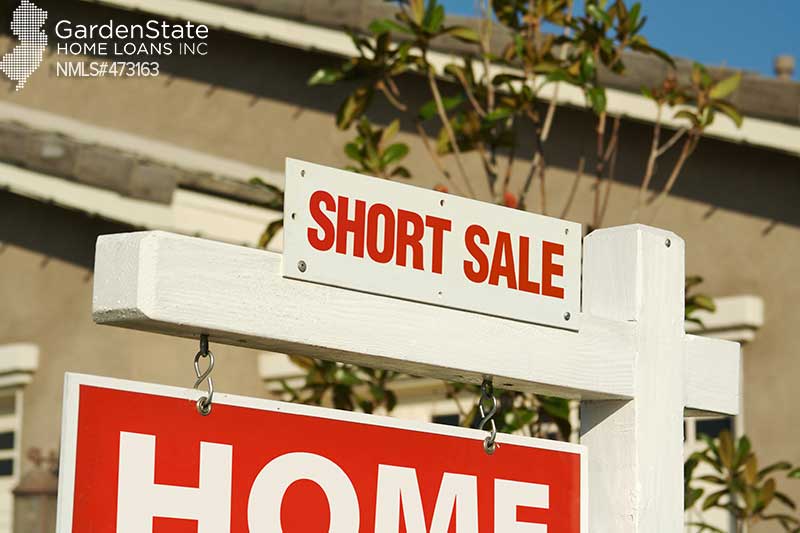 Short sales vs foreclosures? Both are often viable options made available to people behind on their mortgage payments, have a house worth less than the outstanding balance on the mortgage, or both. Though these are both the result of financial issues, they are different in their own ways.
Short sales vs foreclosures? Both are often viable options made available to people behind on their mortgage payments, have a house worth less than the outstanding balance on the mortgage, or both. Though these are both the result of financial issues, they are different in their own ways.
What is a short sale?
Short sales are usually initiated by the homeowner, often times when the value of the house drops 20% or more. Before the process begins, the lender must sign off on the decision to put the house up for short sale. The lender also needs to provide documentation on why the short sale is a good decision since the deal could lose money in the process. If the short sale is approved, the buyer first negotiates with the homeowner and then with the lender. The process to a short sale can be lengthy. Sometimes, it can take up to a year with loads of paperwork along the way.
What is a foreclosure?
A foreclosure is the act of the lender seizing the home after the borrower fails to make payments. Foreclosures are initiated by the lender only. In the case of a foreclosure, the homeowners may need to wait up to five years before being eligible to purchase another home. Short sales are not as damaging to one’s credit as foreclosures, as short sales show the homeowner took action before the bank had to repossess the property.
Short Sales vs Foreclosures : Things To Consider
Short sales and foreclosures are everywhere. They often represent great value when looking to buy a new home. However, they also present a unique set of problems that home buyers need to be aware of and plan for.
1. Property Condition
Typically, when homeowners are facing foreclosure or looking to short sell their house, it means they lack the financial means to pay the mortgage or maintain the property.
A property in poor health can cause many financing issues for traditional financing. FHA loans have specific rules requiring that the property is move-in-ready unless you’re using a 203(k) Rehab Loan.
2. Timing Challenges
Short sales typically come with awkward time frames for purchase contract approval and loan closing. Each bank is different, but approval can take anywhere between a week to 120 days. As a general rule, the larger the bank the longer it takes to get short sale approval.
The lack of a set time frame for short sale approval makes the timing of loan submission, rate locks and closing very challenging. You have your approval conditions cleared to close on time, just to find out that new appraisals, income, employment and asset verification need to be updated by an underwriter to cover the most recent 30 days. In a worst case scenario, purchase contracts, and legal documents may have to be re-submitted to a bank for an updated approval. Either way, be prepared for a lot of paperwork when purchasing a short sale property.
3. Pricing
Short sales are priced below market value, creating the opportunity for potential buyers to get a great deal on a home they might not have been able to buy originally. In addition, because short sales are still occupied, they are less likely to be ransacked or vandalized. Homes that are foreclosed upon have a higher risk of this, either by the previous residents or by squatters.
However, the listing price of a short sale isn’t always an approved price. The listing may be what the agent thinks the bank would accept, instead of the amount the bank will accept in reality. The seller may also have placed the price low in order to encourage a bidding war.
Short sales can be very beneficial in comparison to foreclosures. Just because a house is a short sale doesn’t mean that it’s a great deal. Do the research and make sure that the property is priced correctly before making any commitments!

Comments are closed.